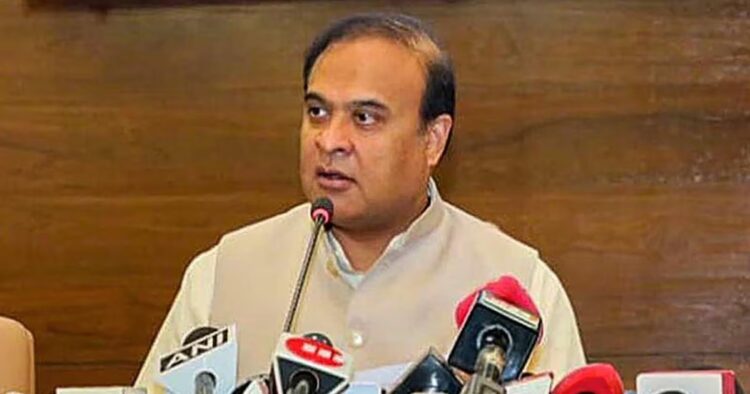In a significant move towards implementing a Uniform Civil Code (UCC), the Assam Cabinet has decided to repeal the Assam Muslim Marriage and Divorce Registration Act, 1935. This decision marks a crucial step in aligning the state’s civil laws with modern societal norms, according to Minister Jayanta Malla Baruah. The Act, considered outdated and colonial, had allowed for the registration of Muslim marriages and divorces, even if the individuals involved hadn’t reached the legal ages of 18 and 21 for brides and grooms, respectively.
Significance of the Decision
The repeal of the 1935 Act is seen as a vital step towards curbing child marriages in Assam. By removing the provisions that allowed underage marriages to be registered, the state aims to eradicate this harmful practice entirely. The move comes in the wake of the government’s crackdown on child marriages, with over 4,000 arrests made as part of the effort.
Impact on Muslim Marriages and Divorces
With the repeal of the Act, Muslim marriage and divorce registrations will no longer be conducted under its authority. Instead, the state advocates for all marriages to occur under the Special Marriage Act, ensuring compliance with legal age requirements and modern standards of consent. The Act’s authorisation of Muslim registrars for conducting registrations and divorces has been revoked, with plans for their transition under the supervision of District Commissioners.
Government’s Commitment to Uniform Civil Code
Chief Minister Himanta Biswa Sarma reaffirmed the government’s commitment to introducing a Uniform Civil Code, which would standardize personal laws across religious communities. Additionally, the state has been working on a bill to criminalize polygamy, aligning it with the broader goals of UCC implementation. However, considerations are being made to ensure exemptions for tribal communities in Assam.
Financial Compensation and Future Plans
In recognition of the impact on individuals previously authorized under the repealed Act, the Cabinet has decided to provide a one-time financial compensation of Rs 2 lakh to the 94 registrars affected. Furthermore, the government is in the process of finalizing the anti-polygamy bill but has indicated a possible delay to align it with the broader framework of the Uniform Civil Code.
The Assam Cabinet’s decision to repeal the Assam Muslim Marriage and Divorce Registration Act, 1935, signals a significant shift towards the adoption of a Uniform Civil Code in the state. By prioritizing modern legal standards and societal norms, the government aims to eradicate harmful practices like child marriage and ensure equality under the law for all citizens, regardless of religious affiliation.

















Comments